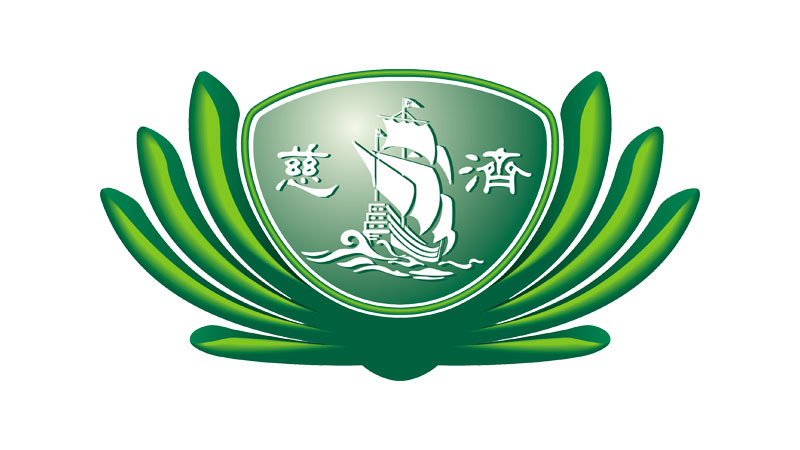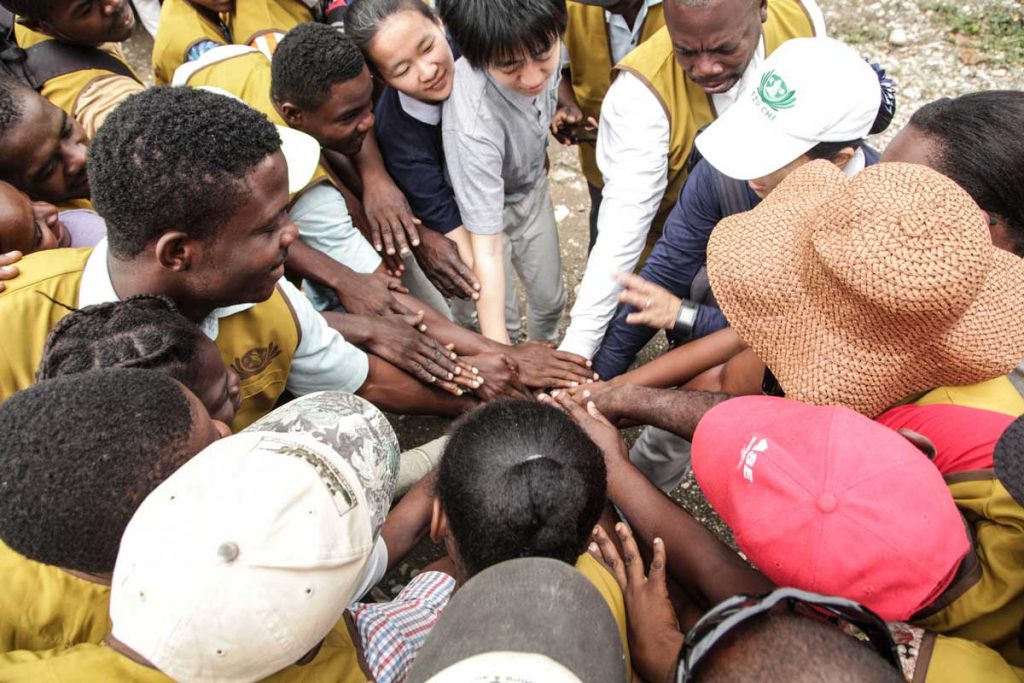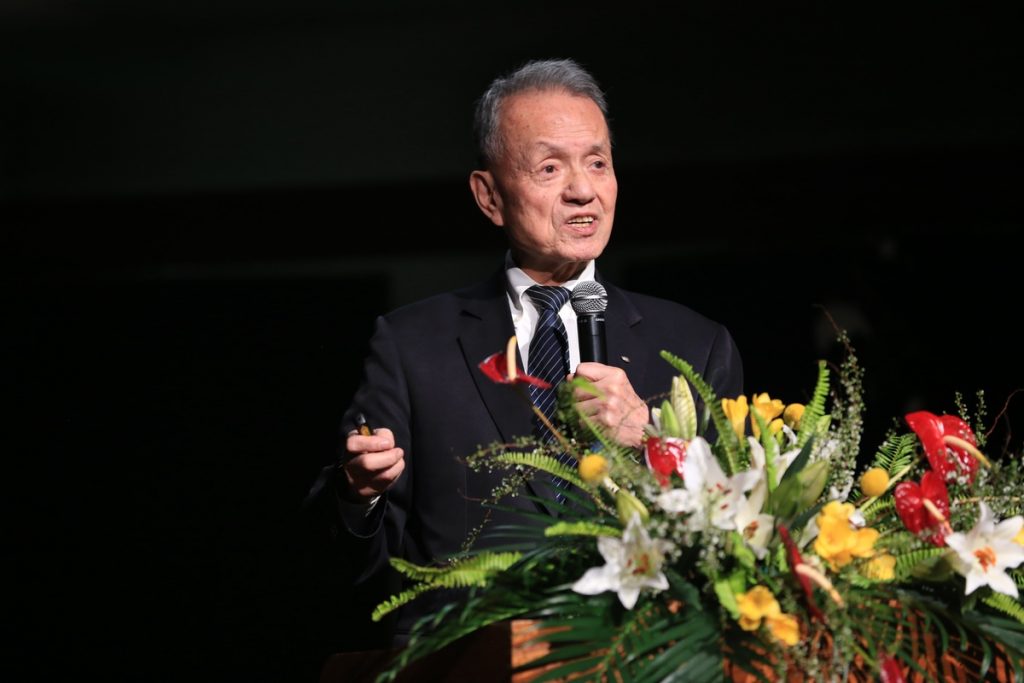
Author: Ida Eva Zielinska
The opening session of the 2019 TIMA Global Forum, “Enlightened Wellness: Body, Mind, Spirit,” that took place on March 29 in San Dimas, California, summarized the core principles of humanistic medicine that guide Tzu Chi’s medical mission. The speaker, Dr. Chin Lon Lin, MD, CEO of Buddhist Tzu Chi Medical Foundation and Chief Convener of Tzu Chi International Medical Association (TIMA), highlighted how in essence, Tzu Chi’s comprehensive humanistic medicine approach is rooted in patient-centered care without borders, offered with love and respect in every circumstance. Each component of the medical mission has compassion at its core and is guided by the Buddhist principle of interdependence – the understanding that the behavior and attitude of every person involved as well as aspects of building design and caregiving procedure contribute to the whole.
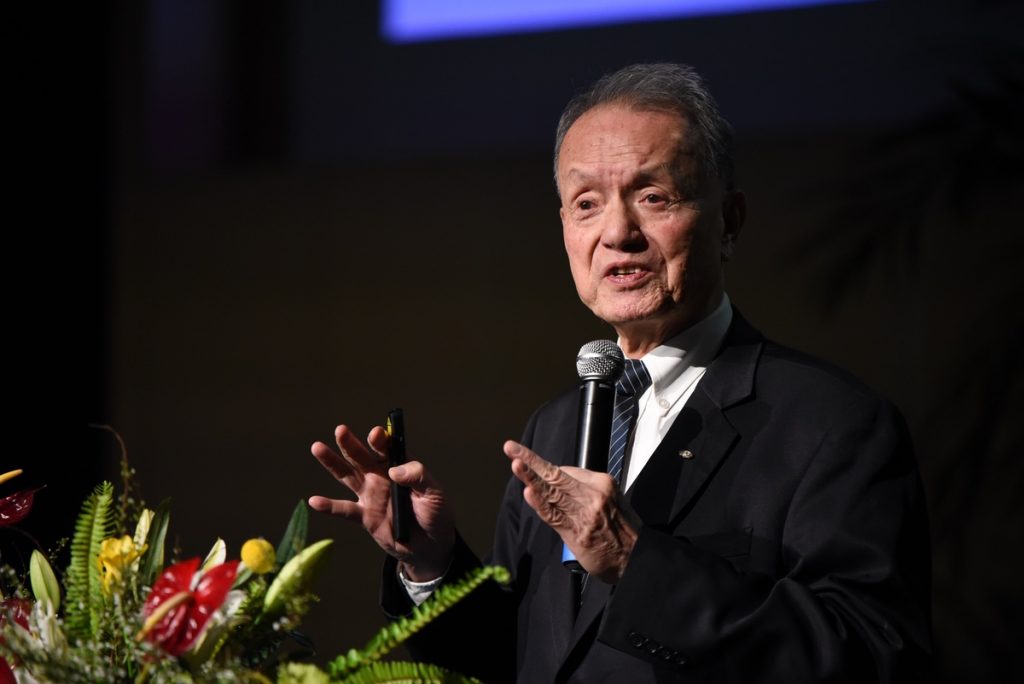
Taking such a broad view, the interiors of Tzu Chi hospitals are designed with the emotional wellbeing of patients and their families in mind, with spaces that are soothing, helping everyone feel at home. Common areas with musical instruments where visitors or volunteers can perform music contribute to the pleasant ambiance. The inclusion of prominent and inviting staircases increases their use, promoting healthy exercise for everyone in the building, while reducing its energy use. Environmental protection goes further, with diligent recycling in place – plastic bottles ending up being processed into blankets that are later distributed during Tzu Chi’s disaster relief missions. Even ¼ of the water used by hospitals is recycled, and staff take responsibility for their own environmental footprint, bringing their personal dishes and utensils for meals. The goal is to help everyone awaken their environmental awareness so they can take the global issue of climate change sincerely to heart.
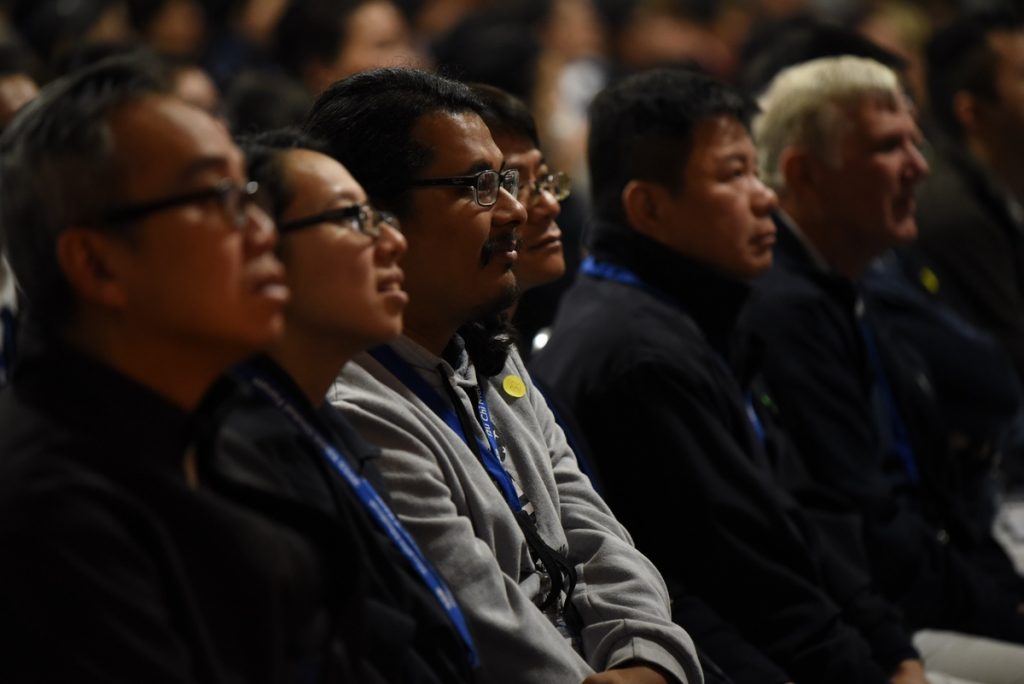
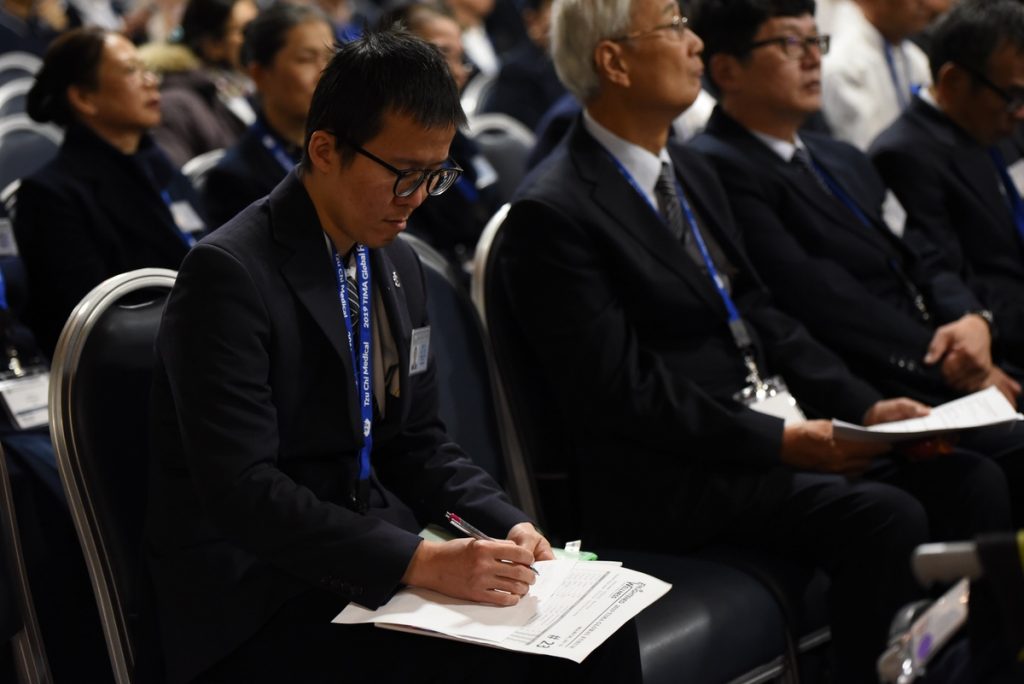
In terms of patient care, the Hippocratic Oath formulated some 2,500 years ago and the guideline for medical ethics until this day, with its emphasis on “First do no harm,” alongside the teachings of Confucius guide the approach and bedside manner of Tzu Chi’s medical professionals.
People should have compassion for one another, and avoid treating others in ways that they themselves would not wish to be treated – What you do not wish for yourself, do not do to others.
The Teaching of Confucius
The philosophy behind humanistic medicine is also one that takes responsibility for the wellbeing of others near and far, which is where the work of TIMA comes into play. The 10,000 members of the association – including doctors, nurses, medical technicians and pharmacists – have provided free medical services in over 50 countries to date, offering a total of over 3 million medical services worldwide. TIMA’s motto is to answer the call Wherever, Whenever, Whatever the need, playing a vital role within Tzu Chi’s comprehensive disaster relief mission protocol that begins with emergency humanitarian aid and continues to mid- and long-term relief, the goal being to be the first to arrive and last to leave, leaving no one behind.
As Dr. Chin Lon Lin emphasized in closing, the humanistic medicine that Tzu Chi’s medical institutions and professionals provide and TIMA members practice is one that knows no borders of country, religion, language, or race. The overall message is one of universal love and the support of healing that embraces the wellbeing of planet earth as well. Inspiring, indeed.
